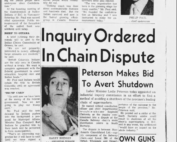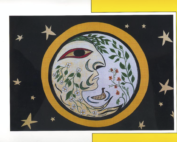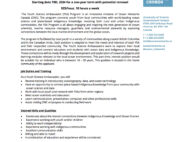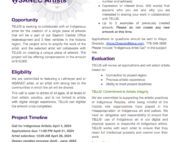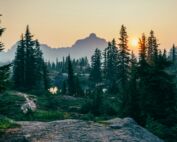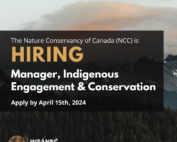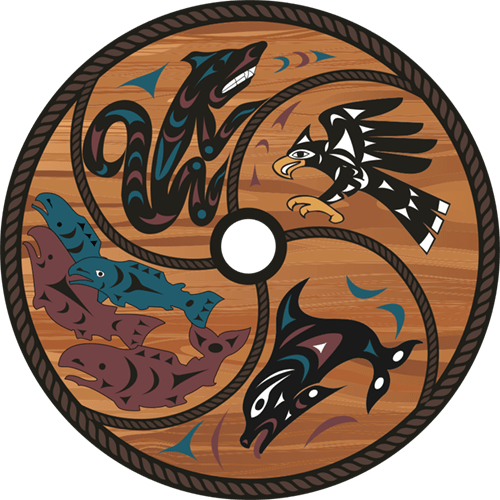Critical Access to Sports and Recreation Is Missing for too many W̱SÁNEĆ
Sport and recreation provide much needed community health benefits, but lack of space, funds and transportation limit participation for many W̱SÁNEĆ community members.
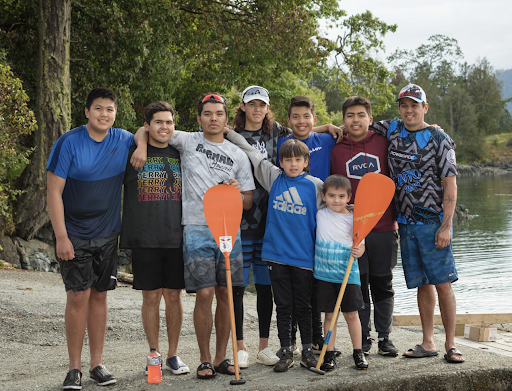
Shown above, some members of the Geronimo Canoe Club
There is no doubt sports and recreation are fundamental to a healthy life. They provide opportunities to create community, build physical health, and support mental health. That’s why, in settler communities, nearly every neighborhood has a community center with a gym and a robust schedule of programming.
Sports and recreation opportunities are equally if not more important in Indigenous communities like the W̱SÁNEĆ community where community members grapple with additional challenges as a result of colonialism.
According to Hope and Health, “suicide rates for Indigenous youth are 6 times higher than that for those of non-Aboriginal youth,” and “Indigenous female youth are 3.5 times more likely to experience violence than their non-Indigenous counterparts.”
Sports and recreation can provide significant benefits to Indigenous participants. Research shows “participation in sport and physical activity is beneficial to the cognitive, physical, emotional and spiritual well-being of Indigenous youth.” In fact, participation in sports can reduce the odds of experiencing depression and suicidal thoughts by 25% and 12% respectively.
These benefits are reflected in the stories of many W̱SÁNEĆ athletes.
Gord Elliott – Director of Operations at the W̱SÁNEĆ Leadership Council – played sports for many years and has witnessed their transformative power firsthand. Elliott shares,
“The youth who really embrace participation in sports and the self-sacrifice that entails go on to be great leaders in their families and communities. I’ve seen people transform playing sports.”
Similarly, notorious W̱SÁNEĆ athlete Tua Va’a shares how his participation in sports helped him cultivate good health and a strong community:
“I always grew up playing sports and I felt like sports for me was something that really helped me just stay busy, stay healthy. And also that feeling of being in the community, having people around you. During a game like rugby and soccer, you have your team that’s with you, that’s willing to put their bodies on the line and you win together, you lose together, you kind of bond together in that way. And so I just always enjoyed that feeling.”
Longtime W̱SÁNEĆ soccer player and coach Curtis Olsen understands the benefits of sports extend into every area of life – supporting participants’ careers and education opportunities in addition to their health. Olsen shares:
“Playing sports is important for contributing to both the physical and mental health of our youth. It helps to clear your mind and helps with developing self-confidence, discipline and camaraderie. These benefits tend to spill into other areas of life, providing career and education opportunities. In my own personal life, sports have afforded me opportunities in my education and employment; to be recognized for my leadership abilities. I traveled and competed a lot and when I did, I noticed the people I was competing against were also successful and in leadership in their communities. Sports changes how we carry ourselves with self-discipline and ethics.”
Unfortunately, many W̱SÁNEĆ community members will never experience these benefits because of the barriers to access preventing participation in sports and recreation.
Hope and Health reports “many Indigenous youth are unable to attend sport or recreation groups due to financial barriers and/or lack of transportation,” and “Indigenous youth living on reserve face barriers to physical activities due to infrastructure and equipment implications.”
Consequently, fewer Indigenous youth realize their dreams of becoming professional athletes. In a quote for CBC, athlete Alison Desmarais shared, “by and large, we just don’t make it to the international and Olympic levels at the same rate as privileged white people.”
These barriers are felt in the lived experience of W̱SÁNEĆ athletes.
Hannah Morris – who is affiliated with the Geronimo Canoe Club – explains:
“A lack of space and lack of funds make it difficult to find a place where all community members can go to play. Because of the way sports have transformed my life, for youth in the community who wouldn’t otherwise be able to afford it. But, I can only reach so many people myself. A W̱SÁNEĆ community center is a real need.”
Elliott shares this sentiment. “There really is an issue within our First Nations communities where there’s a socio-economic gap that exists. We need a sports and recreation infrastructure like that seen in settler communities.
There are many exceptional W̱SÁNEĆ athletes who have overcome these barriers and found notoriety in their respective sports. Jasper and Len Morris, Tua Va’a, John Etzel Jr., Charles Claxton, and Landon Underwood are just a few of the impressive W̱SÁNEĆ athletes who have excelled.
But their success is hard-earned compared to settler-athletes with greater access to resources in their communities. According to Elliott, “We have several young youth that have been on the verge of professional level soccer” and “it’s quite a story to tell when you think about the background that our First Nations have endured.”
If W̱SÁNEĆ sports and recreation opportunities were adequately funded, the community would experience enormous physical and mental health benefits, in addition to opportunities for travel, leadership, and career advancement. “The dream is to be able to support our teams at a level where we can go let them represent their Nation with a lot of pride,” shares Elliott.
In order to spread awareness of the importance of sport, and to celebrate W̱SÁNEĆ athletes, the W̱SÁNEĆ Leadership Council will be rolling out several important initiatives including a fundraising campaign for local youth to play sports as well as profiling local community members who have shown leadership or excellence in sport.
To stay up to date on this story and others, please sign up for the newsletter.


